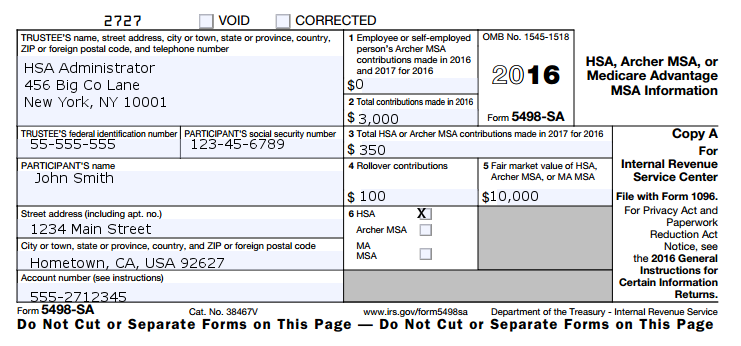This question was submitted by HSA Edge reader Kathy. Feel free to send in your question today to evan@hsaedge.com.
Is it possible for maximum out of pocket expenses to be too high to qualify for a Health Savings Account? Mine is $6800. My deductible is the same. This is for a single person.
Yes, it is possible for an insurance plan not to qualify as an HDHP due to to an out of pocket max being too high.
An insurance plan must be considered a High Deductible Health Plan (HDHP) to be HSA eligible. Each year, the IRS publishes their HDHP definitions of what qualifies. The requirements are pretty consistent although amounts vary from year to year due to inflation calculations. You must meet all of the requirements to be HSA eligible, and they traditionally look at the following:
- Minimum Deductible – your plan’s deductible must be greater than this amount
- Out of Pocket Max – your plan’s out of pocket maximum (the total amount you can spend in 1 year on your plan) must be less than this amount
Once you compare your health insurance to these numbers for a given year, you determine if your insurance is categorized as an HDHP, and if so you are able to open and contribute to a Health Savings Account.
For 2017, that out of pocket maximum is $6,550, so if your plan has an out of pocket max of $6800, it likely does not qualify. I don’t know why the government does this and excludes certain plans. In my mind, they have not adequately adjusted the HDHP definitions in line with out of control insurance costs. In addition, plans offered on the “marketplace” by the Affordable Care Act systematically priced plans out of HSA eligibility using your exact example, setting out of pocket maximums just above the HDHP definition. Hopefully the government rights the ship and opens up HSA’s to more people.
————————————
Note: The IRS requires that you keep receipts for your Health Savings Account purchases. Please consider my service TrackHSA.com for your Health Savings Account record keeping. You can store purchases, upload receipts, and record reimbursements securely online.



